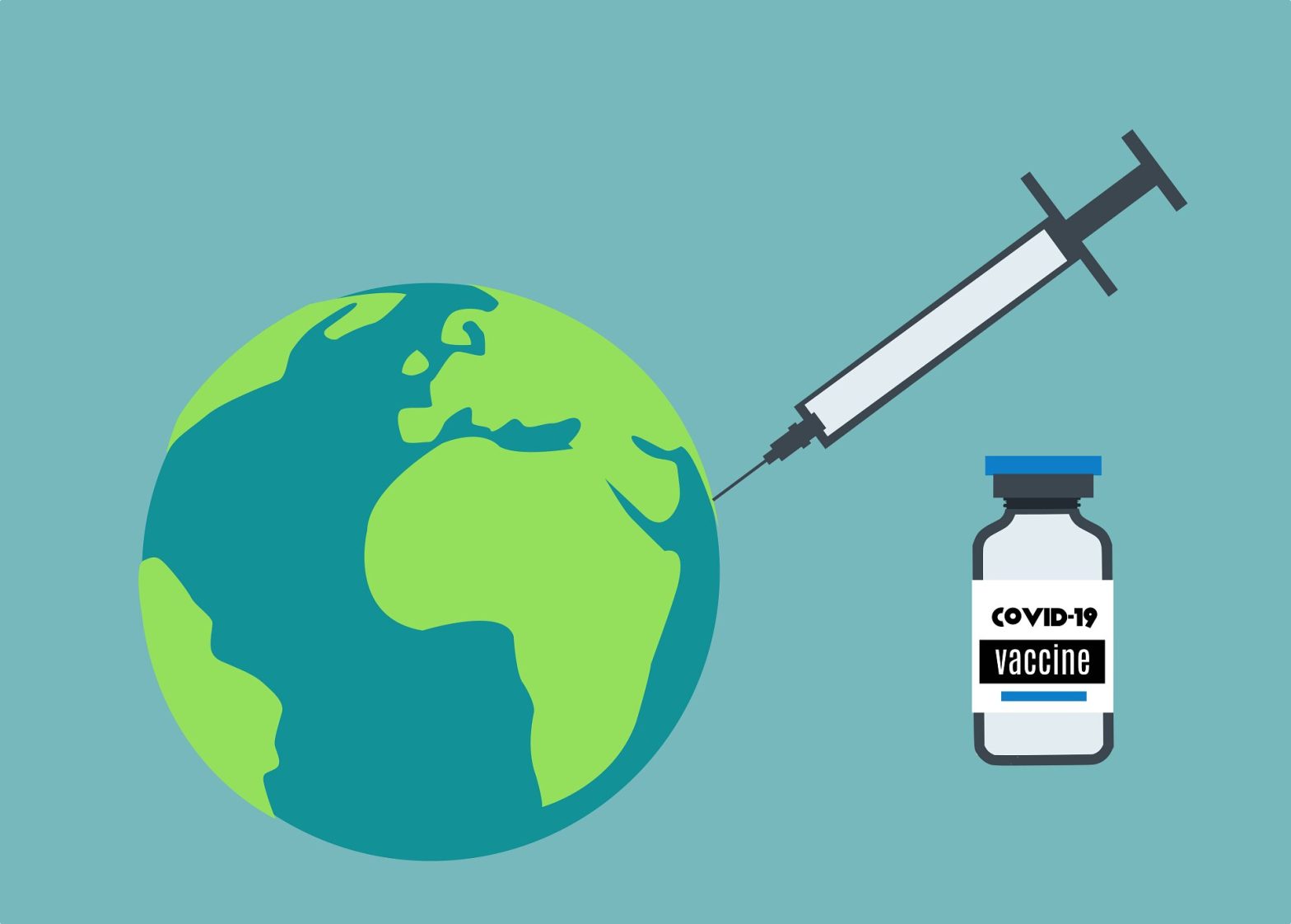Vaccination laws represent one of the most powerful tools governments possess to protect public health and prevent disease outbreaks. These policies, ranging from mandatory immunization requirements for school entry to comprehensive national vaccination programs, have fundamentally transformed global health outcomes over the past century. Vaccination has prevented an estimated 154 million deaths since 1974, demonstrating the profound impact of coordinated immunization efforts.
As countries worldwide grapple with balancing individual freedoms and collective health security, understanding the relationship between vaccination laws and global health outcomes becomes increasingly critical. The effectiveness of these policies extends far beyond individual protection, creating community-wide immunity that shields vulnerable populations and prevents the resurgence of once-eliminated diseases.
This comprehensive examination explores how vaccination laws influence disease prevention, the diverse approaches countries take to mandatory immunization, and the measurable health outcomes that result from these critical public health interventions.
The Global Impact of Vaccination Programs
Immunization currently prevents 3.5 to 5 million deaths annually from diseases including diphtheria, tetanus, pertussis, influenza, and measles. The World Health Organization’s Expanded Programme of Immunization, established in 1974, has dramatically enhanced global vaccination coverage, leading to remarkable achievements in disease control and eradication.
The most striking success story remains smallpox eradication, achieved through coordinated vaccination campaigns that eliminated a disease responsible for at least 300 million deaths in the 20th century. Similarly, polio has been nearly eradicated globally, with vaccination programs reducing cases by over 99% since 1988.
Between 2001 and 2020, vaccines prevented an estimated 20 million deaths, 500 million cases of illness, and 9 million cases of long-term disability globally. These figures underscore the transformative power of systematic vaccination programs in reducing the global burden of infectious diseases.
Diverse Approaches to Vaccination Laws Worldwide
Countries implement varying approaches to vaccination requirements, reflecting different cultural, political, and public health priorities. Ten European countries including Bulgaria, Croatia, Czech Republic, France, Hungary, Italy, Latvia, Poland, Slovakia, and Slovenia have established mandatory vaccination policies for core vaccines including diphtheria, tetanus, pertussis, hepatitis B, and measles.
Some nations have adopted comprehensive mandates affecting entire populations. Indonesia, Micronesia, and Turkmenistan have made COVID-19 vaccination mandatory for all adults, while other countries focus on specific high-risk groups or essential workers.
Caribbean nations demonstrate diverse enforcement mechanisms, with countries like Jamaica imposing fines up to $1 million or one year’s imprisonment for non-compliance, while others rely on educational requirements without criminal penalties.
The Relationship Between Policy Strictness and Disease Outcomes

Research consistently demonstrates a significant association between vaccination exemption policies and disease outbreak rates. Studies from the University of Georgia found that states with stricter vaccination policies have lower pertussis rates, providing clear evidence that policy decisions directly influence public health outcomes. States allowing philosophical exemptions and using standardized exemption forms showed higher rates of whooping cough, highlighting how administrative ease of exemption can undermine vaccination coverage.
This relationship extends beyond individual diseases, with vaccination exemption rates increasing drastically over the past decade due to religious and philosophical reasons. The data reveals that each state reported an average of 25 vaccine-preventable diseases per 100,000 people annually, with substantial year-to-year variability often correlating with local policy changes and exemption rates.
Enforcement Mechanisms and Compliance Strategies
Effective vaccination laws require robust enforcement mechanisms to achieve desired public health outcomes. Countries employ various strategies ranging from financial penalties to service restrictions. Monetary fines represent the most common enforcement approach, with penalties varying significantly across jurisdictions. Some Caribbean nations impose modest fines of $50, while others like Jamaica implement substantial penalties reaching $1 million.
Service restrictions have proven particularly effective, with countries denying access to education, government services, or social assistance for non-compliant individuals. Canada’s approach of placing unvaccinated federal employees on unpaid leave demonstrates how employment-based mandates can achieve high compliance rates. Educational requirements for school entry remain the most widespread enforcement mechanism globally, with most countries requiring proof of vaccination before allowing children to attend school.
Challenges and Controversies in Vaccination Policy
Despite proven effectiveness, vaccination laws face significant challenges and public resistance. COVID-19 vaccine policies have provoked considerable social and political resistance, highlighting the complex balance between public health objectives and individual autonomy.
Religious and philosophical exemptions create ongoing policy challenges, with all but three U.S. states allowing religious exemptions and only 17 permitting philosophical exemptions. These exemptions can create pockets of vulnerability that facilitate disease outbreaks. The rise of vaccine hesitancy has complicated enforcement efforts, requiring governments to balance coercive measures with educational approaches that address public concerns while maintaining scientific integrity.
Future Directions and Policy Recommendations
As global health threats continue to evolve, vaccination laws must adapt to address emerging challenges while maintaining public trust. The COVID-19 pandemic strained health systems, resulting in dramatic setbacks to routine immunization programs, highlighting the need for resilient vaccination infrastructure.
Future policy development should focus on evidence-based approaches that maximize public health benefits while respecting individual rights. This includes improving exemption processes to ensure they serve legitimate medical needs without undermining community protection.
International coordination remains essential, as vaccine-preventable diseases recognize no borders. Strengthening global vaccination coverage through coordinated policies and shared resources will be crucial for preventing future pandemics and maintaining progress against established threats.

